How E-Waste Recycling Contributes to a Circular Economy
How E-Waste Recycling Contributes to a Circular Economy
Electronic waste, or e-waste, is one of the fastest-growing waste streams in the world. With the increasing reliance on technology and the relentless growth of consumer electronics, discarded devices such as phones, laptops, and televisions are causing significant environmental damage.
However, responsible e-waste recycling can do more than just mitigate environmental harm—it has the power to advance a circular economy by recovering valuable materials and reducing the need for new raw resources.
This blog will explore how recycling e-waste benefits a circular economy, why it matters, and how regions like Massachusetts are paving the way toward sustainable recycling practices.
What Is E-Waste and Why Is It a Major Concern?
E-waste refers to discarded electronic devices that are no longer functional or needed. This includes everything from outdated smartphones to old refrigerators. The problem with e-waste isn’t just its sheer volume—it’s the toxic materials many electronics contain, such as lead, mercury, and cadmium, which can seep into soil and water if not properly disposed of.
The United Nations estimates that 50 million metric tons of e-waste are produced each year globally, and only about 20% of it is properly recycled. When e-waste is sent to landfills or incinerated, not only do harmful chemicals pollute the environment, but valuable resources like gold, silver, copper, and rare earth metals are lost forever.
The good news? Recycling e-waste the right way can help alleviate these problems while contributing to the larger goal of a circular economy.
What Is a Circular Economy?
A circular economy is an economic system that focuses on minimizing waste and reusing resources for as long as possible. Unlike the traditional "take-make-dispose" model, which extracts resources, manufactures products, and then discards them, the circular model emphasizes sustainability and regeneration.
In the context of electronics, this means extending the life of devices, recovering valuable materials through recycling, and reducing the need for raw resource extraction. This creates a closed-loop system that supports environmental conservation and reduces costs for businesses and consumers.
How E-Waste Recycling Supports a Circular Economy
1. Recovering Precious Resources
Many electronic devices contain valuable materials like gold, silver, and copper. According to the Global E-Waste Monitor, the value of raw materials in e-waste produced worldwide reached almost $91 billion in 2022.
When e-waste is properly recycled, these precious materials can be recovered and reused to produce new electronics or other products. For instance, recycling the metals inside old smartphones reduces the demand for mining, a process that is not only environmentally destructive but also energy-intensive.
2. Reducing the Need for Raw Material Extraction
Mining for rare earth metals and other materials used in electronics often causes severe environmental damage, including deforestation, water contamination, and increased carbon emissions. Recycling e-waste lowers the demand for these raw materials, preserving ecosystems and decreasing greenhouse gas emissions.
Organizations and policymakers in Massachusetts have been actively promoting e-waste recycling as a way to safeguard the environment while encouraging sustainable industrial practices.
3. Minimizing Landfill Waste
One of the most obvious benefits of e-waste recycling is keeping electronic devices out of landfills. Items like old printers and TVs take up massive amounts of space and don’t decompose. Worse, their toxic components can leach into the soil and water, leading to long-term pollution issues. Recycling prevents this scenario and ensures electronics are dismantled and reused responsibly.
4. Creating Jobs and Boosting the Economy
E-waste recycling doesn’t just have environmental benefits—it also creates economic opportunities. Repairing, refurbishing, and recycling electronic devices generate jobs in local communities.
For example, dedicated recycling centers in Massachusetts employ workers who specialize in safely extracting and processing valuable materials from obsolete electronic devices.
5. Encouraging Innovation
Advancing e-waste recycling technologies encourages innovation within industries. Companies are developing more efficient ways to recover materials, design products for easier disassembly, and manufacture devices that are easier to recycle. These advancements make the circular economy model even more feasible.
E-Waste Recycling in Massachusetts
Massachusetts has been a frontrunner in promoting sustainable e-waste practices. With regulations and initiatives aimed at encouraging businesses and individuals to recycle their old electronics responsibly, the state has made significant progress in reducing e-waste volumes.
Many recycling programs in Massachusetts accept a wide range of electronic devices, from old cellphones to large appliances. These programs ensure electronics are dismantled, and valuable materials are recovered instead of being sent to a landfill.
Residents can search for "e waste recycling Massachusetts" to find nearby drop-off locations or schedule pick-ups for larger items. Some programs even offer incentives like discounts or trade-ins for recycling old devices.
How to Start Recycling E-Waste
Want to contribute to a circular economy by recycling your old electronics? Here's how you can make a difference:
1. Locate E-Waste Recycling Centers
Look for certified e-waste recycling centers in your area. If you're in Massachusetts, there are several options with programs specifically designed to process electronics safely.
2. Trade-In Programs
Many stores, including prominent tech retailers, offer trade-in programs where you can exchange old electronics for discounts on new products.
3. Donate Usable Devices
If your electronics are still functional, consider donating them to schools, non-profits, or community centers. Extending the life of devices is another great way to support a circular economy.
4. Spread Awareness
Educate your friends, family, and community on the importance of proper e-waste disposal and the benefits of recycling. The more people participate, the greater the impact.
The Bigger Picture
Recycling e-waste isn’t just about managing waste—it’s about rethinking how we consume and dispose of electronics. By integrating e-waste recycling into the broader framework of a circular economy, we create sustainable systems that benefit both people and the planet.
Whether you're a Massachusetts resident or live elsewhere, e-waste recycling is an accessible and impactful way to take part in a more sustainable future.
Ready to recycle your e-waste?
Do you have old devices lying around? Don’t wait for them to gather dust. At Data Shredder Corporation in Massachusetts, we understand how crucial it is to destroy sensitive data securely and recycle e-waste.
We provide top-notch hard drive data destruction, shredding, and electronics recycling services in Massachusetts, ensuring your peace of mind while benefiting the planet's health. We also provide top-notch hardware asset management services.
Your trust is our top priority, and we're dedicated to safeguarding your information with our certified, dependable solutions. Before a security breach even whispers your name, give us a call at(508) 978-5198 or fill out our contact form.

Contact Us
40 School Street, 2nd Floor
Framingham, MA 01701
Email: service@datashredder.net
Business Hours
- Mon - Fri
- -
- Sat - Sun
- Closed

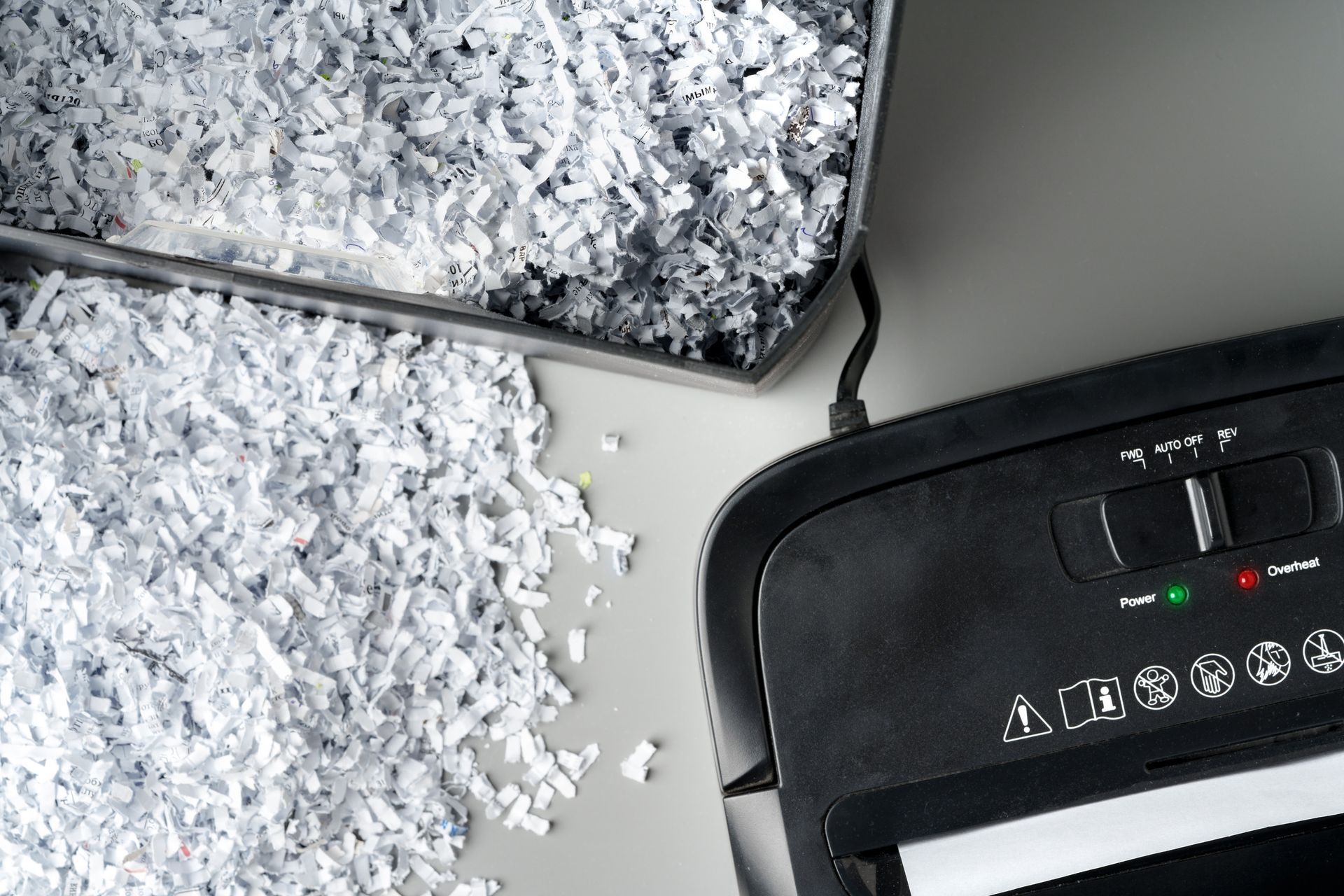
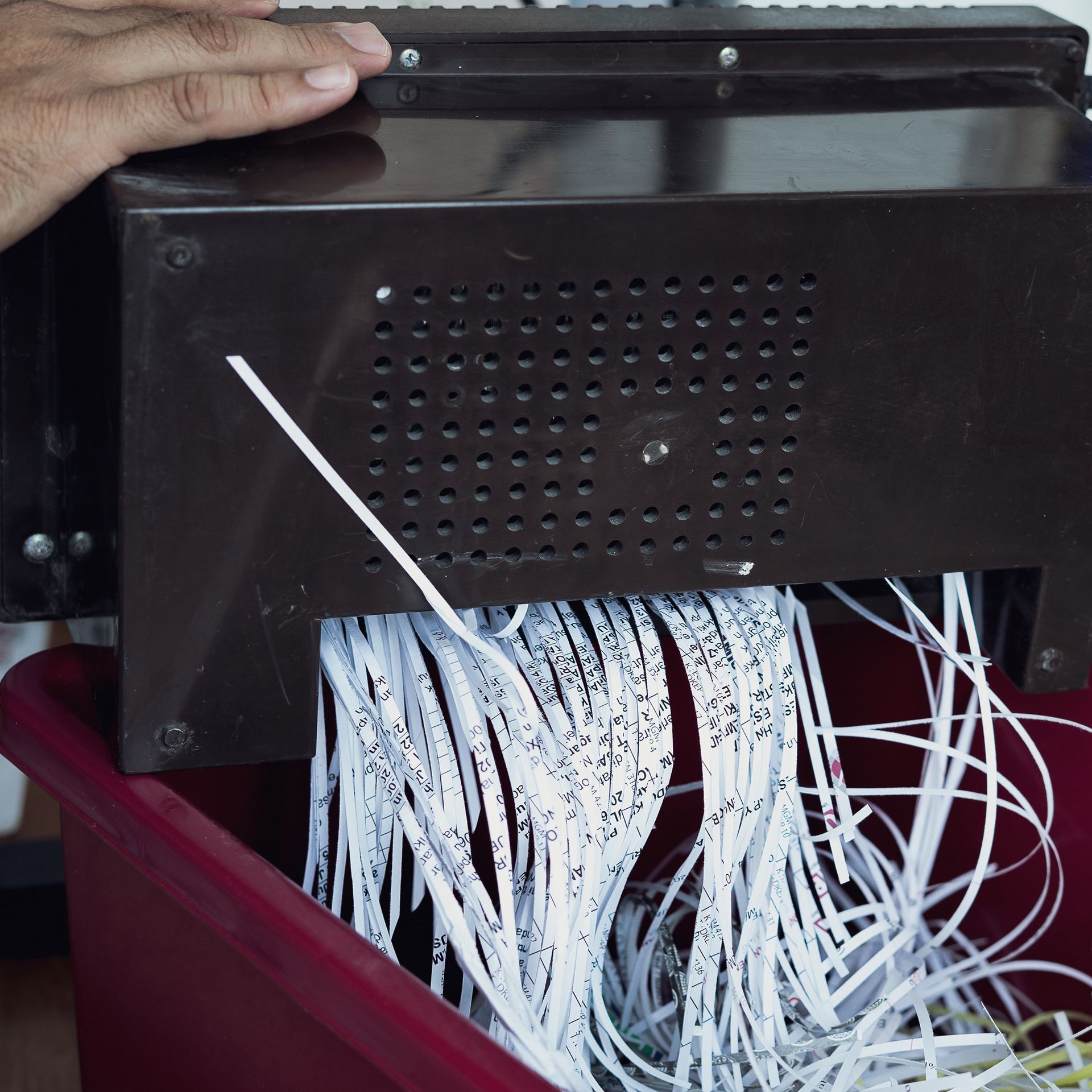
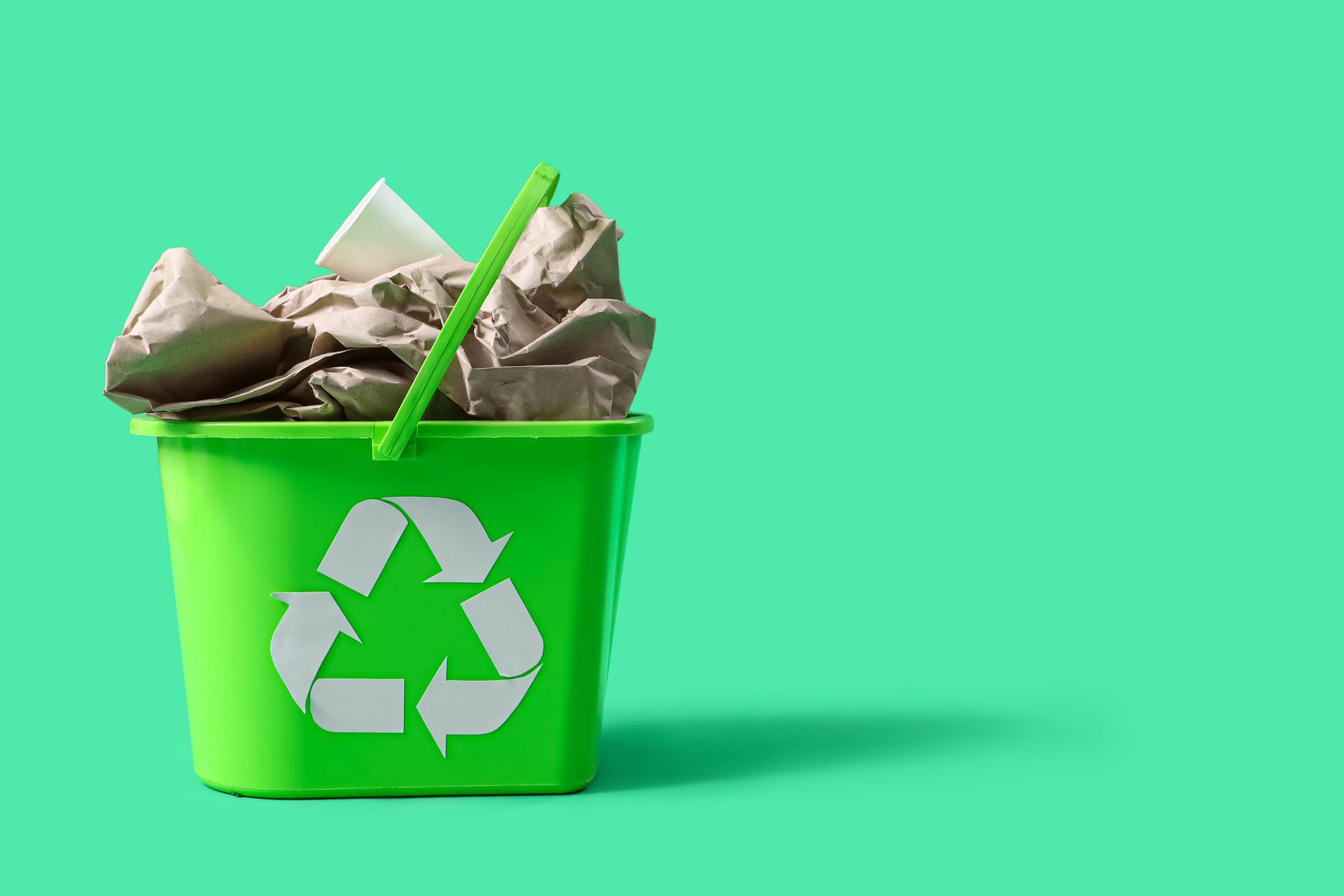
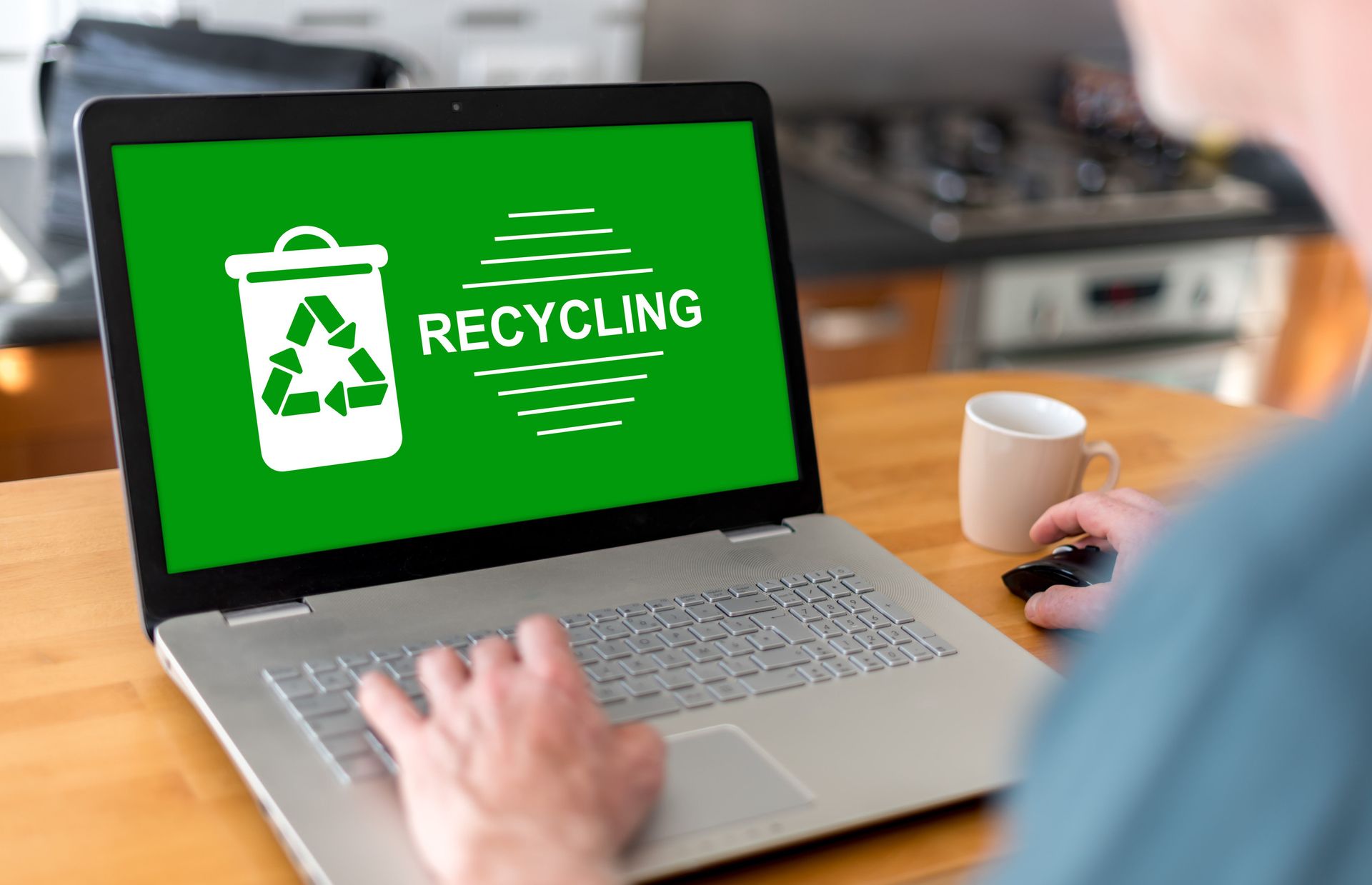
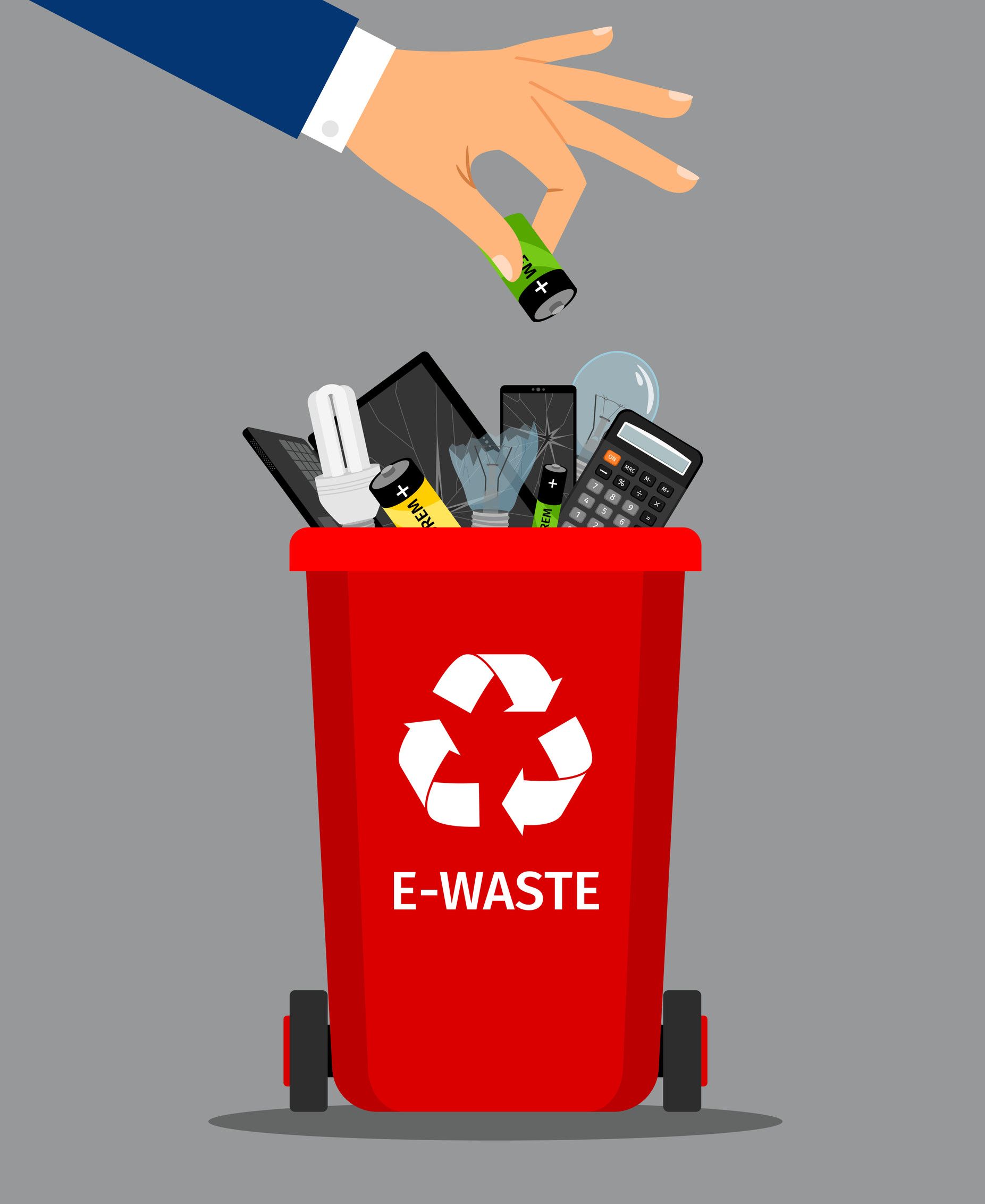
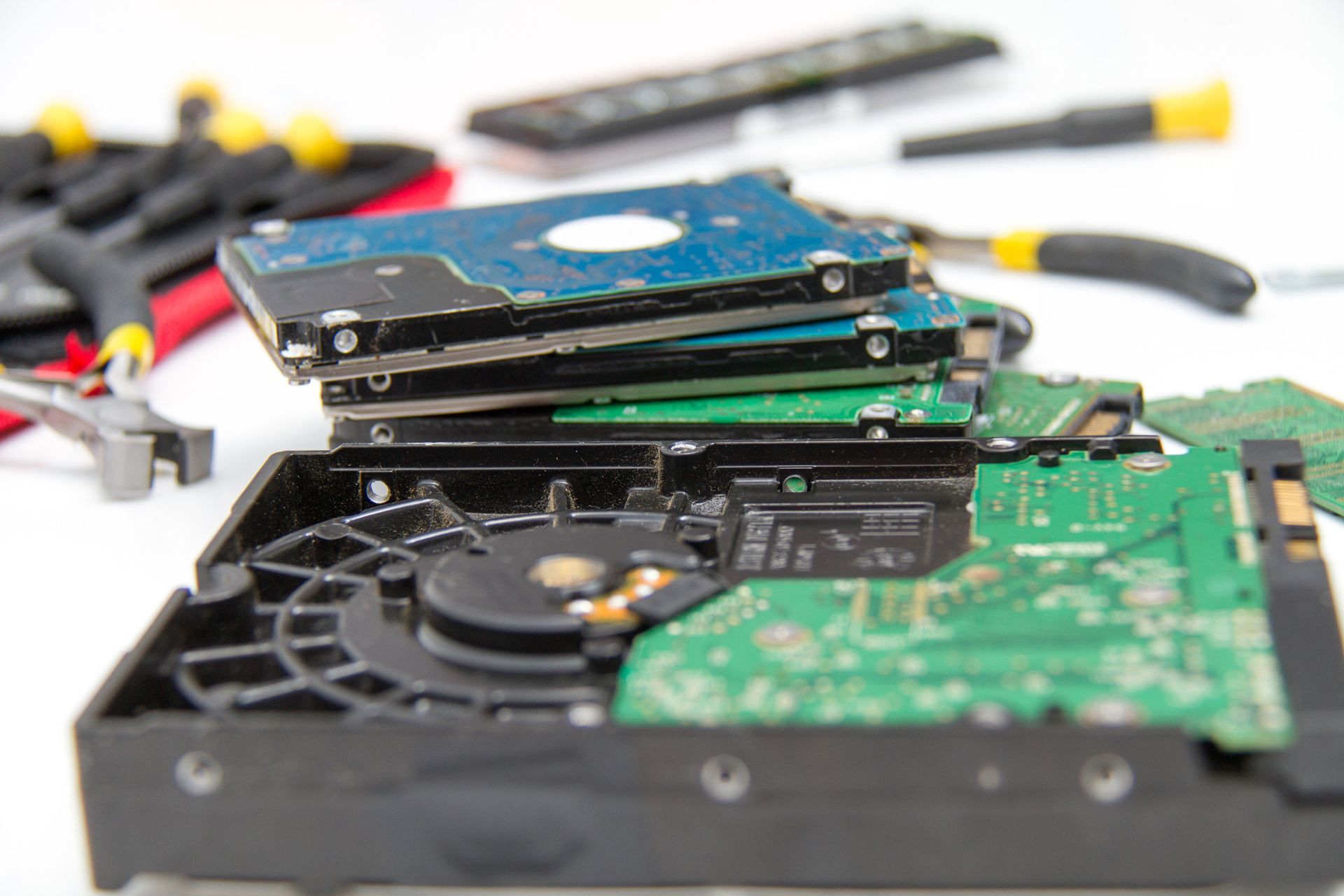

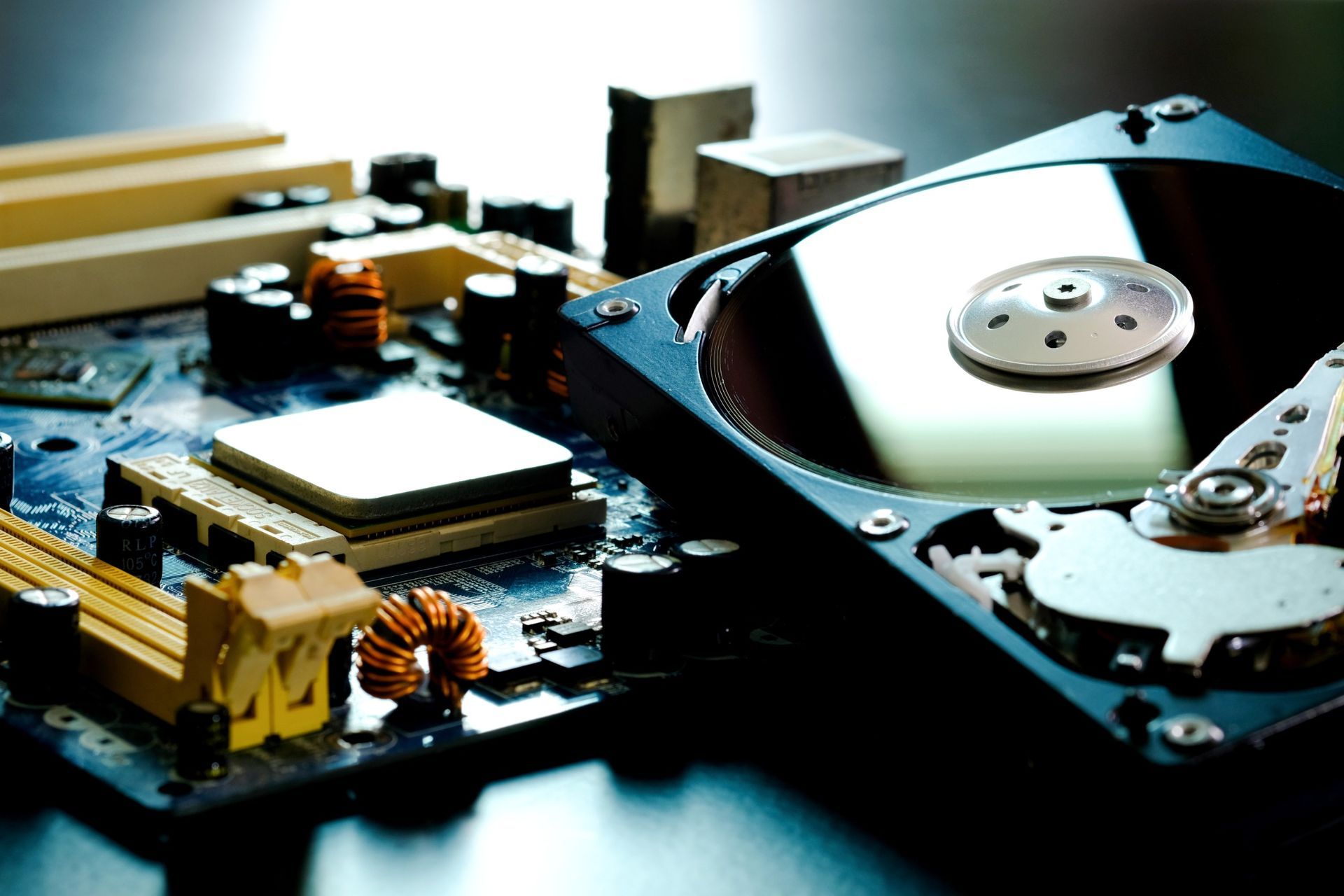
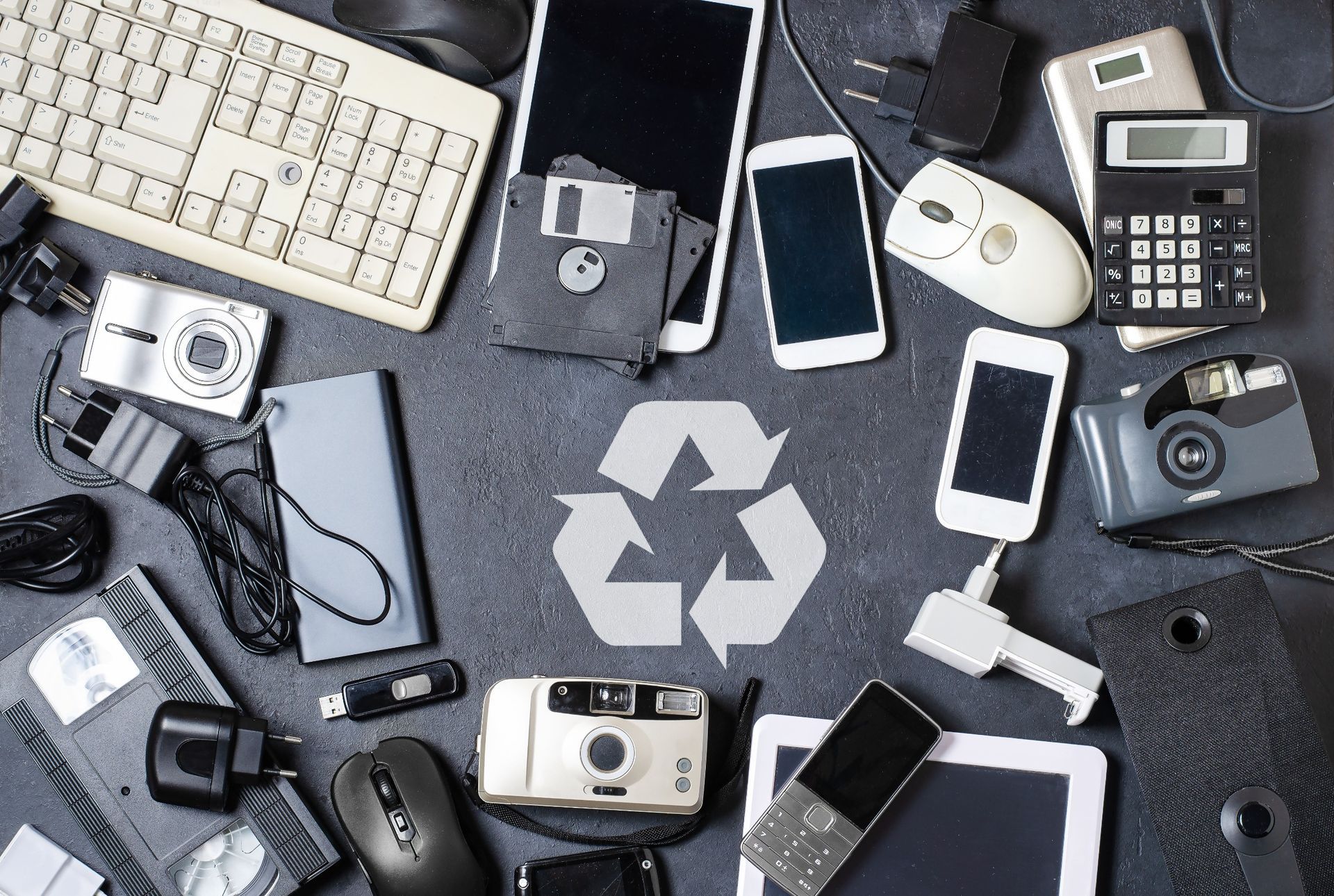
Share On: